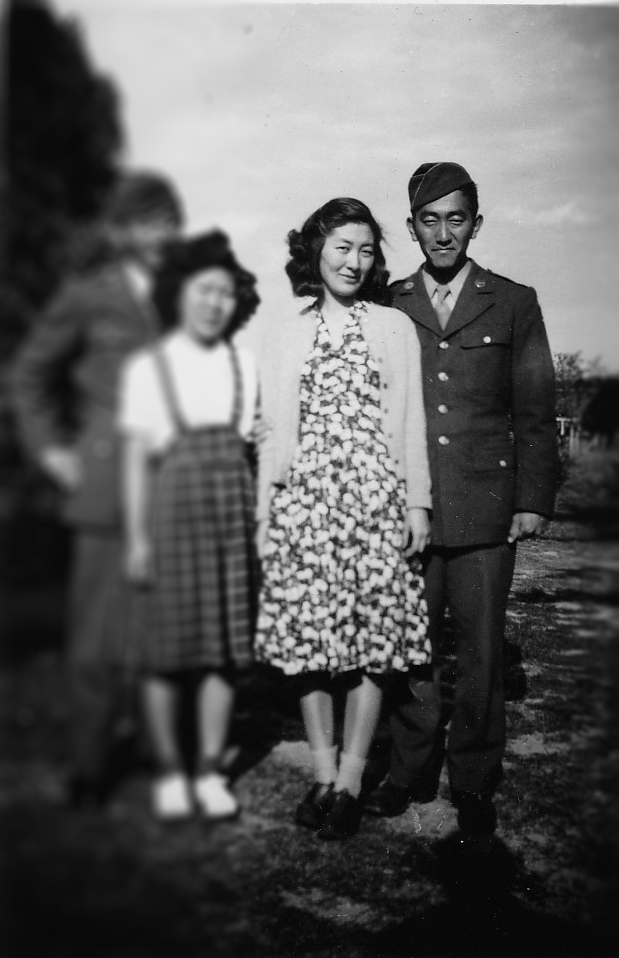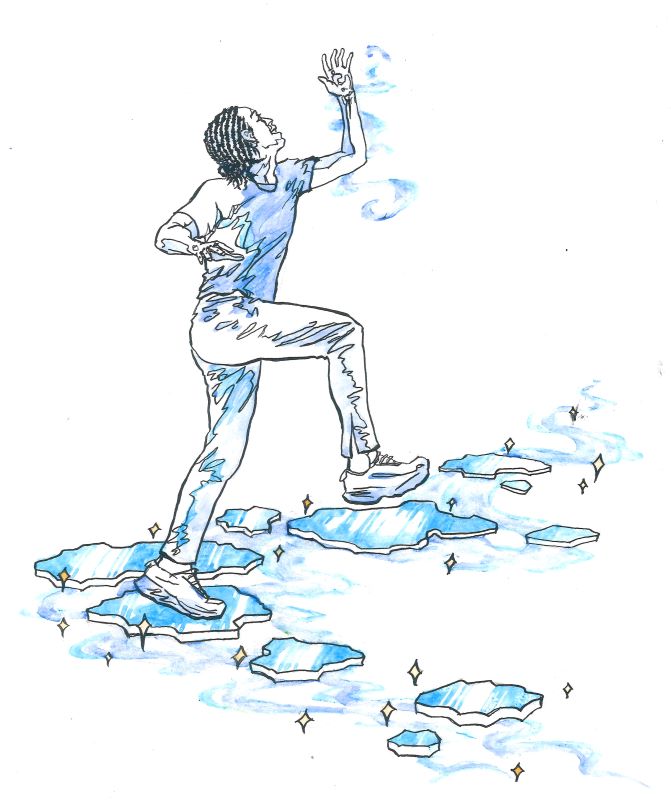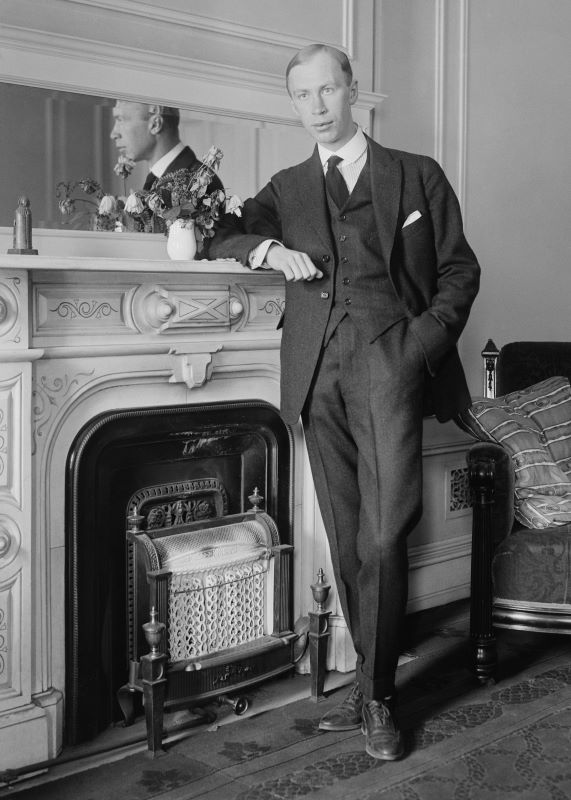
My mother, Yoko, was born in 1944, in the midst of World War II, in a Japanese relocation camp. Her father, Joe Shiomichi, died at age 23, a month before she was born. Her mother, Miye, was so devastated by his death that she forbid anyone to speak of her late husband again.
This resulted in my mother being raised by a single mother, knowing absolutely nothing about her father. It wasn’t until more than 50 years later, after Miye passed away, that my mother began her journey – through family, friends and letters – of “meeting” her father.
In hopes of learning more about Joe, my mother attended the 60th reunion of his army unit, surrounded by people who might’ve known him. My grandfather was a part of the 442nd, a regiment made up of Japanese Americans, and one of the most decorated units of WWII. To her disappointment, because Joe was killed so early in the war, no one seemed to know of him. After sitting in the only available seat at a table full of people, she introduced herself to the man across from her. The man was astonished, because while he only knew of Joe by name, that name was connected to an experience that had always haunted him. As told by him:
“Another incident occurred on our departure day in April 1944 from Camp Shelby; the sight of a lone pregnant woman running after our train. I later learned that she was the wife of Joe Shiomichi, a relocation camp volunteer, whom I never knew and never would. He died in battle.”
The death of my grandfather embittered my grandmother for the rest of her life. She blamed the US government for taking away her husband. After reading some of my grandfather’s letters, it has become clear to me that that is the opposite of what he would have wanted. As an interned American, my grandfather wasn’t drafted to join the army, but after spending his first year at the internment camp teaching chemistry, he chose to enlist. One of his students from the camp reflected on the influential words Joe said to him, so many years ago:
“All this is a temporary aberration. We don’t belong in a camp. But don’t be bitter. Don’t let this get you down. America is the best country in the world. This is temporary. America is the greatest country – don’t forget this.”
His allegiance to America was always at the top of his mind. Before registering for the army, he sent a letter to his friend Eddie, a fellow Japanese American:
“During the 10 months I’ve been in camp, I’ve become more and more convinced that we must take a firm stand now in asserting our beliefs in regards to being American. We may have just causes for some of our grievances but I certainly don’t feel that those grievances should be kept so long and harbored within us to the point of distorting our views for the future… By volunteering for the army, I feel that the neiseis [second generation Japanese] are building up something concrete with which to fight discrimination after the war is over and for that reason I had made up my mind to volunteer.”
Despite his own government taking away his freedom, his possessions and ultimately his life, Joe’s faith in his country remained unshakable. Looking at America today, in a time where fear, hate and prejudice are brimming to the surface, I hope the decisions we make will honor these sacrifices that so many of our ancestors made. I hope we continue to be a nation of inclusion, understanding and acceptance that my grandfather believed us to be.

- Read more American Stories.
- Share YOUR American Story and we’ll publish it on the PNB Blog.
- Come see American Stories at PNB, June 3-12


